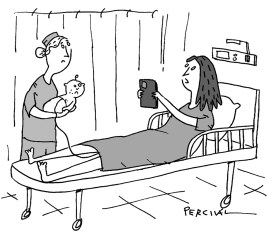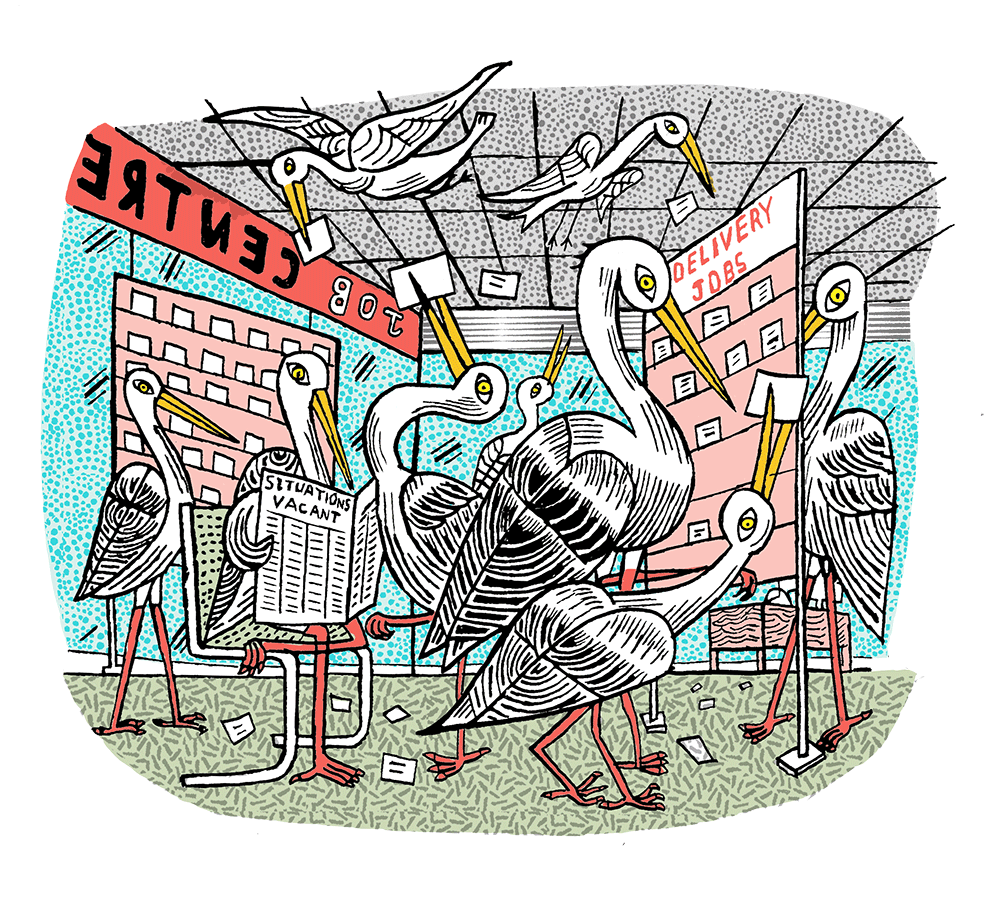
Last week the United Nations Population Fund (UNFPA) released its State of World Population report. According to the Guardian: ‘Millions of people are prevented from having the number of children they want by a toxic mix of economic barriers and sexism, a new UN report has warned.’ Dr Natalia Kanem, executive director of UNFPA, said: ‘The answer lies in responding to what people say they need: paid family leave, affordable fertility care and supportive partners.’
Nonsense, of course. Does Africa (4.1 births per woman) have better family leave and fertility care and more supportive partners than Sweden (1.4)?
The reason for UNFPA’s counter-intuitive findings is simple. They have not ‘found’ (the word almost every report uses) the reasons people don’t have babies. They’ve found the reasons people say they’re not having babies. People say all kinds of things. Against a background of concern at low fertility, and asked why they’re not contributing more to maintaining population numbers, most people are unlikely to reply: ‘Because babies are hard work, and restrict my freedom to live the life of my choice.’ Of course they won’t! ‘I don’t want children’ sounds selfish. They’ll instead say that they’d like to have more children, but for one reason or another beyond their control are prevented from having a bigger family. Even taking that into account, I note from the figures for respondents’ answers to the survey’s core questions that only one in five said they expected to have fewer children than they’d like.
‘What they’d like’ is key. Face it. Modern couples are making a lifestyle choice in curbing procreation. Babies are thoroughly inconvenient. Pets (say reports) are substituting for children as they’re less trouble. Dog ownership is increasing.
I doubt that the science of polling could provide the honest answers we need, but I’ll take an intuitive stab at ‘explaining’ why the 21st-century world is having fewer children. Birth rates are falling not (pace UNFPA) because people feel less free to have bigger families, but because they feel more free not to. And it’s women I’m mostly talking about. The reason for falling birth rates is the emancipation of women.
Why assume we should be trying to grow the size of the economy in the first place?
Those thousands of years when hearth, home and motherhood were the limits of what a young woman could aspire to are gone. The cultural blocks on careers for women are being lifted, and that’s a good thing. But it has consequences. Even after making every effort to harmonise career with reproduction, even after nudging men into sharing domestic duties, after extending maternity and paternity leave (480 days in Sweden) and penalising employers for discriminating against mothers who interrupt work to care for babies, after state help with nurseries and daycare centres and the financial incentives some countries are now offering for having more children, even after all that, modern women want a life beyond the front door.
This is especially so for younger women starting out on a career. Later, with more seniority in the workplace, can come more flexibility and power to dictate terms. This is surely one reason professionally successful modern women now choose motherhood towards the end of the female reproductive lifespan. My mother was in her early twenties when her firstborn (me) came along. This allowed time for another five children, regularly puncturing the possibilities of career.

This is backed up by a stubborn failure to reverse fertility trends through governmental attempts to incentivise childbirth. South Korea, Hungary and France have offered families a shedload of goodies – tax breaks and bounties of every kind – to grow. The effects have been negligible. The doubling of available talent for the modern economy must be vastly beneficial both to productivity and the sum of human happiness, but it doesn’t encourage procreation.
Why, though, do UNFPA and a host of other official voices call falling birth rates a crisis? It’s only about ten minutes since world overpopulation, not underpopulation, was the popular cause for anxiety. Economists may answer that low birth rates mean either a contracting young workforce to support expanding numbers of an ageing population, or the continuous importation of young immigrant workers to fill the gap. True enough. But more babies mean – in the end – more oldies; and so do more immigrants, after a time lag. We can’t indefinitely keep shovelling more births and more immigrants into the economy to feed a (consequentially) swelling care sector.
If, then, we cannot fuel economic growth through babies and migrants, why assume we should be trying to grow the size of the economy in the first place? Let the country face a deficit of workers until employers pay more to bring more of the native population into gainful employment; let the increase in longevity level off, as it is doing. With later retirement, we could stabilise the proportions of contributors and beneficiaries and distribute the spoils of increased productivity among fewer people than if we carry on sucking in immigrants or succeed in cranking out more babies.
Of course, if world birth rates stayed below 2.1, humankind would eventually become extinct. But that’s for generations hence to ponder. For our own, there is no shortage of people – quite the reverse. And the fewer of us there are, the greater for each will be our share; and the more easily we could halt the despoilation of the planet. The world might become a nicer place to bring children into.
My thinking here is not new, and has been argued more capably by others for decades, but the current panic about depopulation, the suspect underlying premise that more people means more for each of them, and the political mantra that everything must depend upon ‘growth’, prompt me to pose again some very big questions.









Comments